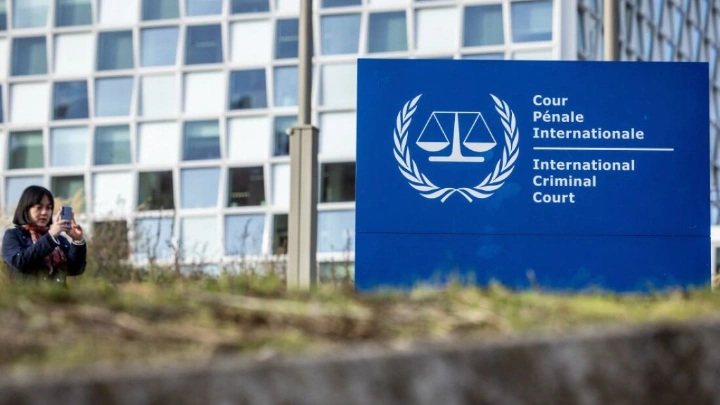The warrants were issued against the Commander-in-chief of Hamas’s military wing, Diab Ibrahim al-Masri (known as Deif), for war crimes and crimes against humanity in Israel and Gaza during and after the attack on 7 October 2023. Arrest warrants were also issued for Israeli Prime Minister Benjamin Netanyahu and his former defence minister, Yoav Gallant, in respect of war crimes and crimes against humanity alleged to have been committed in Palestine in response to the Hamas attack.
What is the ICC?
The ICC is the first and only permanent international criminal court. It is a court of last resort aimed at deterring and ensuring accountability for the most serious crimes of concern to the international community – genocide, crimes against humanity, war crimes, and since 2018, the crime of aggression.
It is intended to be complementary to states’ domestic criminal justice systems: the ICC may only exercise its jurisdiction when a state is either unwilling or genuinely unable to investigate and prosecute international crimes itself.
The Court was set up in 1998 by treaty, the Rome Statute of the ICC. The Statute now has 124 states parties. Non-states parties (those that have not ratified the Rome Statute) include the United States, Israel, Russia, China, and India.
Whilst specific international tribunals had been set up to deal with the atrocities committed in the Former Yugoslavia, Rwanda, and other crisis situations, there had long been a call for a permanent international criminal court with wider scope than those tribunals.




